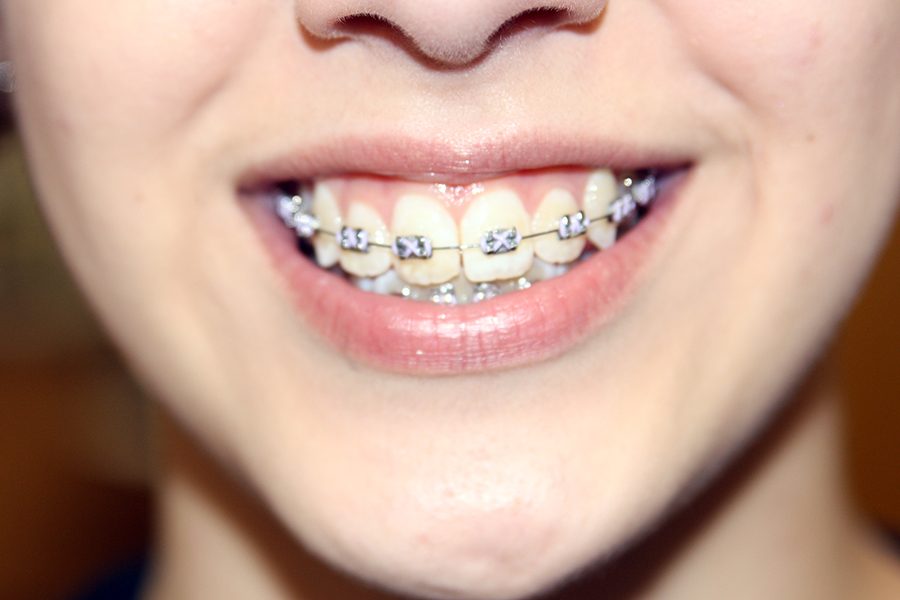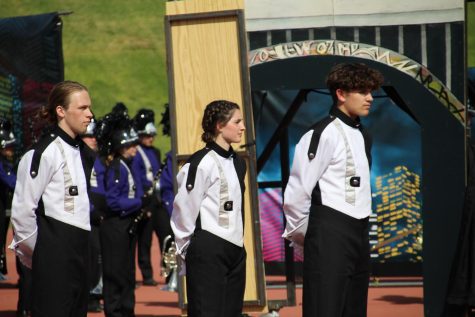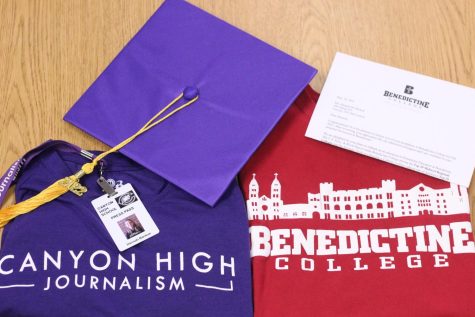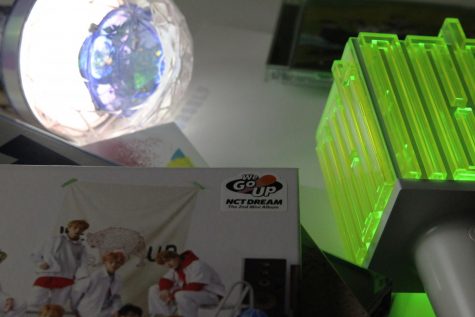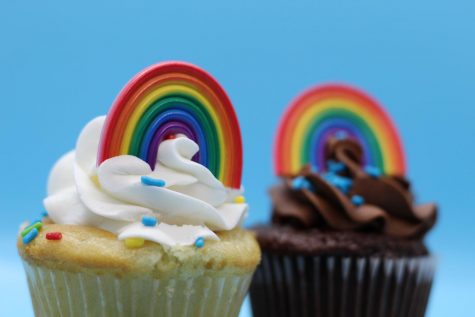Crooked reasoning
Sophomore rethinks desire for braces
Sophomore Lauren Allen recently received braces.
Growing up, my first and greatest insecurity was my crooked teeth. I remember walking the halls of my elementary school, feeling a twinge of jealousy as I eyed the metal in the mouths of my peers. By the end of intermediate school, I refrained completely from revealing my teeth when posing for pictures. Before walking to the junior high each morning, I spent far too much of my time scrutinizing my reflection in the mirror. I entered high school having never been to a dentist, much less an orthodontist, but my peers had long since achieved what I considered perfect smiles. With selfie culture becoming so evolved, I used Snapchat filters to mask my insecurities, feigning confidence in a skin that wasn’t my own. I harbored so much embarrassment and resentment of the bare bones in my mouth, but my soon realized shame of that embarrassment was what drove me to take control of my appearance, and more importantly, my confidence.
After a year of badgering my parents, a change in insurance and a surprisingly painless dentist appointment, my first orthodontist appointment was set in place. Having never been to a dentist before, my friends placed bets on how many cavities I had. Their numbers reached as far as nine and ten, but to my delight and my friend’s disappointed, my dentist informed me that my mouth was cavity free. He said he was surprised that my teeth were as healthy as they were and that I was lucky to have such good genes. When my friends learned I would only wear braces for a minimum of nine months, their reactions mimicked that of my dentist’s: I was lucky, they said. But three weeks later, I did not feel lucky; I felt regret.
The new difficulties of braces were few but consumed my life in the beginning stages of adaptation. Headaches seemed perpetual, caused by the incessant pain in my mouth. Eating became an exhausting chore, and after a week, I lost five pounds. While these difficulties have now subsided, I know I will face others for as long as I have braces. Almost every morning I wake up with a new sore torn in my mouth by my brackets. Talking can be awkward as I try to adjust moving my lips around the metal, the corners of my mouth getting caught on the hooks. I have given up entirely on flossing and brushing my teeth each time I eat which, regardless of quantity, feels redundant. The pain and new found difficulties were anticipated, but the growing regret that followed came as a surprise.
Prior to my first orthodontist appointment, I had wondered if the alleged pain and misery of braces as related by friends and family would be worth the perfect smile I yearned for. The question still sits with me, and doubt now accompanies it. That aforementioned regret is the product of a new perspective, one rid of insecurity. I fear that my parents spent thousands of dollars to fix a problem that was not medical, or even cosmetic, but entirely personal.
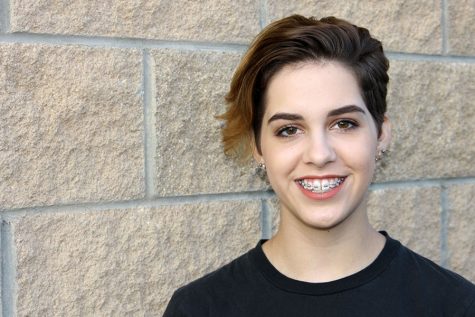
Hello! My name is Lauren and I am a junior. This is my second year on the Eagle’s Tale staff, I am the new co-editor of Key Club, and a member of Chamber choir. I am invested in the arts, and spend my free time listening to K-pop and drawing. I hope...
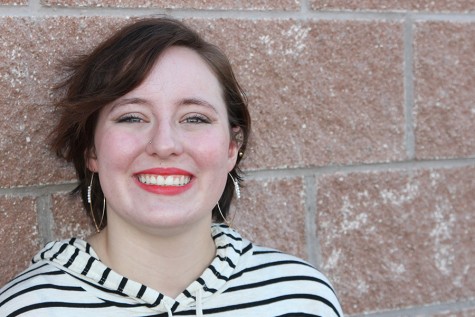
Hola! My name is Avery Cummings, and I am the Co-Editor-in-Chief this year. This is my third year on our amazing staff. In what little free time I have, I play the guitar and piano, and play with my dogs (who do not like each other). I love lipstick and...

